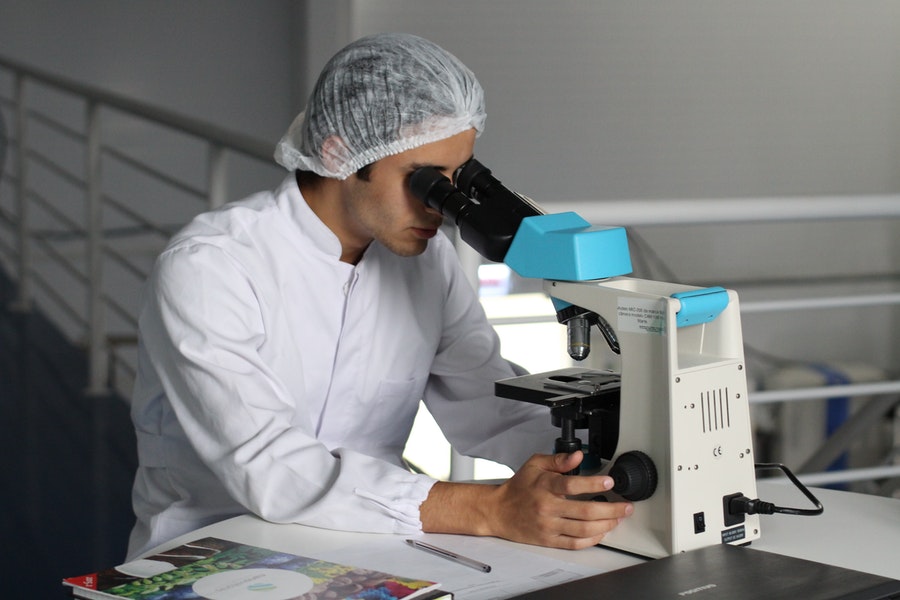Merger provides funding for larazotide acetate to advance in clinical trials

By Amy Ratner, Medical and Science News Analyst
A drug to treat celiac disease will get the funding needed to move to the next important phase of clinical trials as a result of a merger announced today by the biopharmaceutical company that makes it.
Larazotide acetate, being developed by Innovate Biopharmaceuticals, Inc., is expected to enter Phase 3 clinical testing in the second quarter of this year. It would be the first celiac disease drug to get that far in the Food and Drug Administration’s approval process.
![]() Phase 3 – the stage of clinical trial in which researchers demonstrate whether a drug offers a treatment benefit to a specific population. This phase involves 300 to 3,000 volunteers who have the disease or condition and typically lasts one to four years.
Phase 3 – the stage of clinical trial in which researchers demonstrate whether a drug offers a treatment benefit to a specific population. This phase involves 300 to 3,000 volunteers who have the disease or condition and typically lasts one to four years.
The company will use funds from its merger with Monster Digital, Inc., to bring “a much-needed therapy to market for a disease that affects about approximately one percent of the population,” said Innovate CEO Christopher Prior, Ph. D.
Read more: What are the phases of clinical trials and what do they mean?
In previous phases of clinical study in more than 800 patients, larazotide acetate was found to be safe compared to a placebo, according to the company. The drug is designed to work by decreasing intestinal permeability and regulating tight junctions between intestinal cells. This so-called “leaky gut” is thought to be the gateway to many autoimmune diseases, including celiac disease, Innovate said in a press release announcing the merger.
Larazotide acetate has a fast track designation from the FDA. It could potentially help those who have symptoms even though they follow a gluten-free diet, currently the only treatment for celiac disease. When taken before a meal, larazotide acetate may help keep the tight junctions closed, reducing the inflammatory intestinal response triggered by the gluten protein in wheat, barley and rye in those who have celiac disease.
![]() Fast track – a process designed to facilitate the development and expedite the review of drugs to treat serious conditions and fill an unmet medical need. The purpose is to get important new drugs to the patient earlier.
Fast track – a process designed to facilitate the development and expedite the review of drugs to treat serious conditions and fill an unmet medical need. The purpose is to get important new drugs to the patient earlier.
“It’s an exciting transition for Innovate as we strive to become a leader in autoimmune and inflammatory drug development for diseases with unmet needs, said Jay Madan, Innovate president and founder, noting that celiac disease is among them.
You can help advance celiac disease research by sharing your story on Go Beyond Celiac.
Opt-in to stay up-to-date on the latest news.
Yes, I want to advance research No, I'd prefer not to